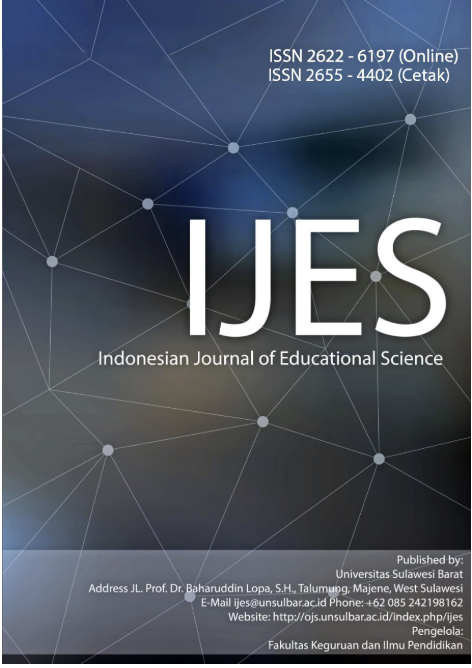Main Article Content
Abstract
This research aims to analyze the types of errors made by students in working on geometry questions of the Minimum Competency Assessment (MCA) type according to Newman's stages in terms of cognitive style. The method used in this research is qualitative. Data collection techniques were carried out through cognitive style tests, geometry test questions, and unstructured interviews. The instruments in this research were the GEFT test and the MCA type geometry test. The research took place a junior high school in Tasikmalaya, the subjects in this research were class IX students who had consistent cognitive styles and made different mistakes. The data analysis techniques used are according to Miles and Huberman, namely data reduction, data presentation and verification. The findings from this research were that Field Dependent subjects made mistakes at the understanding, process skills and encoding. The contributing factors are that they did not master the material, were not being careful in calculations, and were not used to checking answer results. Meanwhile, Independent Field subjects made mistakes at the process skills and encoding. The causal factor is that they were not used to doing large number calculation operations. The implications of this study suggest that teachers should design differentiated learning strategies that consider students’ cognitive styles to minimize specific types of errors and enhance overall problem-solving abilities.
Keywords
Article Details

This work is licensed under a Creative Commons Attribution-NonCommercial-ShareAlike 4.0 International License.
